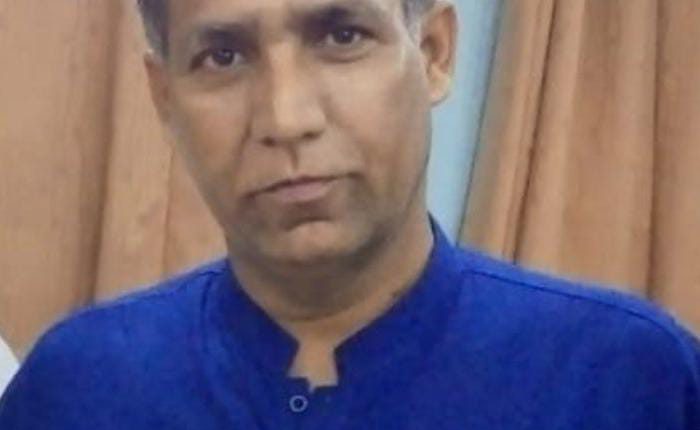Rahmatullah Buriro
Agriculture is an important sector of our country, whose importance and reality cannot be denied. The national policies of the national rulers have not always been uniform and united, except for the State Save Campaign. The provincial policies of each province may be at different levels. But when a national policy is formulated and approved unanimously despite differences of opinion, the results of that national policy can be expected to improve rather than weaken due to differences. Recently, the Sindh government has announced to provide 55.9 billion GDP and urea to help and support farmers in wheat cultivation after the Benazir Hari Card. These and other efforts for agricultural reforms are better practices in their place. The previous new 2025 and 2026 wheat policies were announced by the federal government. Wheat, which is the center of the country’s food security, has once again become the focus of national debate. The federal government has set the support price of wheat for the upcoming crop at Rs. 3,500 per maund, while the Sindh government had demanded Rs. 4,200, warning that farmers would not be able to bear the burden of cultivation due to rising agricultural costs. But the federal policy has rejected this proposal and made a decision that opens the door to a new debate not only for farmers but also for the common consumer. At present, the increase in the prices of DAP, urea, diesel and petrol has become a big test for farmers. The cost of cultivating wheat on an acre of land has almost doubled compared to the last two years. In such a situation, a price of Rs. 3,500 per maund can practically become a loss for the farmer. The Sindh government, which is trying to save the agricultural economy, has announced a subsidy of Rs 55.9 billion to provide relief in the price of DAP and urea. This step is commendable, but the question is whether this subsidy will reach every real farmer or will the middlemen benefit? On the other hand, the IMF conditions and new tax rules applicable to the agricultural sector are also complicating the situation. When food prices in the global market are unstable, it is essential to link domestic agricultural policies with people’s food security. Our governments must understand that wheat is not just an economic product, but an important pillar of national security. If farmers do not get profit, cultivation will decrease, and then the country will face major risks in the form of food shortages, inflation, and dependence on imports. In this context, it is necessary to create regular coordination on agricultural policies between the federation and the provinces. Support prices should be determined for farmers according to production costs, subsidies should be distributed transparently, and problems of water resources, seeds, and access to markets should be resolved. The real objective of wheat policy will be successful when farmers are prosperous, consumers are satisfied, and the country is food secure. The state must base its food security not on political decisions, but on the principles of national survival.
Suggestions for the future: Complete coordination should be created on agricultural policies between the federation and the provinces.The support price should be fixed according to the cost of production of the farmer. A transparent distribution and monitoring system of subsidy should be established. The problems of water resources, standard badges, and market access should be solved. The agricultural sector should be made a part of the national food security policy. The federation should realize that Sindh province is lagging behind in many matters. The federal government should provide an appropriate share of the national budget, especially on major public projects and especially on agriculture and irrigation issues. Even at this time, the subsidy program that has been planned for farmers for wheat cultivation is also a commendable act in its place. But the policy that was adopted to provide DAP and urea, which was also advertised by the DG Agriculture Extension, is neither appropriate nor could it have been done on time. In which the question of transparency would have definitely come up. It has been reported that monitoring the remaining DAP, which should also be transparent over time, is also a matter of concern. It is hoped that the Sindh government will cooperate with the farmers and growers as much as possible under the Agricultural Policy 2018 to 2030. With which Sindh’s agriculture can be improved and the growers can also cultivate wheat and other agricultural products better and better. The federal government should also look at the needs and conditions of the provinces in policies with a national background. So that the needs, institutions and public needs of the provinces can be met in a timely manner.

